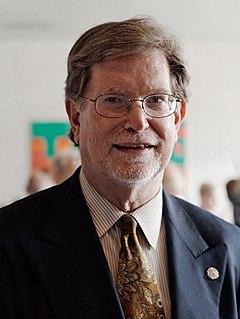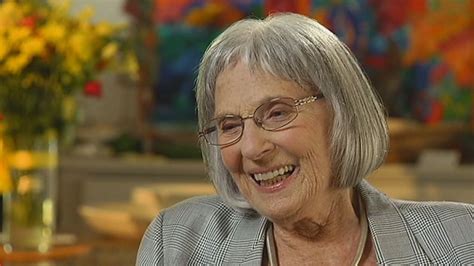A Quote by William Lane Craig
In the 20th century philosophy of time for a great many theorists became part of science because it was time as is studied in physics that became the object of philosophical speculation. That's very different from the way time has normally been understood.
Related Quotes
I studied physics at Princeton when I was a college student, and my initial intention was to major in it but to also be a writer. What I discovered, because it was a very high-powered physics program with its own fusion reactor, was that to keep up with my fellow students in that program I would need to dedicate myself to math and physics all the time and let writing go. And I couldn't let writing go, so I let physics go and became a science fan and a storyteller.
Philosophy used to be a field that had content, but then 'natural philosophy' became physics, and physics has only continued to make inroads. Every time there's a leap in physics, it encroaches on these areas that philosophers have carefully sequestered away to themselves, and so then you have this natural resentment on the part of philosophers.
Philosophy used to be a field that had content, but then natural philosophy became physics, and physics has only continued to make inroads. Every time theres a leap in physics, it encroaches on these areas that philosophers have carefully sequestered away to themselves, and so then you have this natural resentment on the part of philosophers.
Once upon a time, science, philosophy, and theology were disciplines largely undifferentiated from one another, and proving the existence of God was a fairly commonplace intellectual exercise. But as the scientific method became increasingly refined, particularly through the nineteenth century, science and religion grew apart.
Common sense is not something rigid and stationary, but is in continuous transformation, becoming enriched with scientific notions and philosophical opinions that have entered into common circulation. 'Common sense' is the folklore of philosophy and always stands midway between folklore proper (folklore as it is normally understood) and the philosophy, science, and economics of the scientists. Common sense creates the folklore of the future, a relatively rigidified phase of popular knowledge in a given time and place.
From the dawn of exact knowledge to the present day, observation, experiment, and speculation have gone hand in hand; and, whenever science has halted or strayed from the right path, it has been, either because its votaries have been content with mere unverified or unverifiable speculation (and this is the commonest case, because observation and experiment are hard work, while speculation is amusing); or it has been, because the accumulation of details of observation has for a time excluded speculation.
I'd signed up not just for Christianity but the established Church of England. That has a particular history and I think we rather lost it in the 19th Century, we became so much part of empire and colonialism, the language of the Church Of England still reflects that Victorian time. As the 20th Century developed, not surprisingly people left the church and I can see the church's role in losing people.
Consider the word “time.” We use so many phrases with it. Pass time. Waste time. Kill time. Lose time. In good time. About time. Take your time. Save time. A long time. Right on time. Out of time. Mind the time. Be on time. Spare time. Keep time. Stall for time. There are as many expressions with “time” as there are minutes in a day. But once, there was no word for it at all. Because no one was counting. Then Dor began. And everything changed.








































